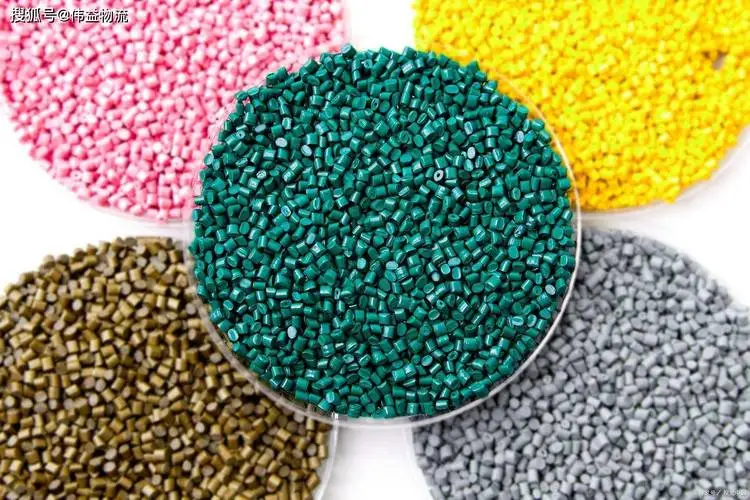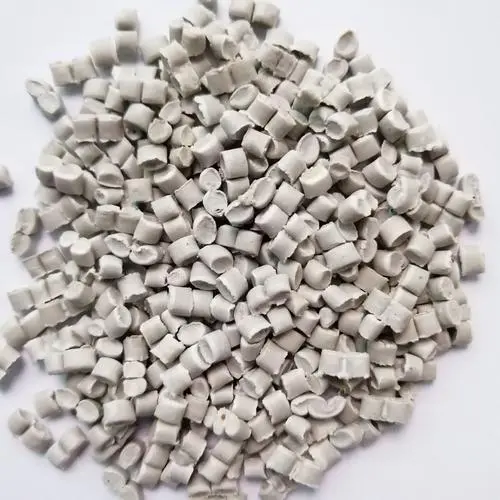Research on the Application of Polymer Particles in Industrial Production
Release Time:
May 23,2024
Research on the Application of Polymer Particles in Industrial Production Polymer particles, with their diverse range of properties and applications, have become indispensable in various industrial production processes.

Research on the Application of Polymer Particles in Industrial Production
Polymer particles, with their diverse range of properties and applications, have become indispensable in various industrial production processes. From enhancing the performance of materials to improving the efficiency of manufacturing processes, polymer particles play a crucial role in driving innovation and progress in industries worldwide. This article will explore the latest research findings on the application of polymer particles in industrial production, focusing on their key benefits, challenges, and future prospects.
Advantages of Using Polymer Particles
One of the primary advantages of using polymer particles in industrial production is their ability to improve the mechanical, thermal, and chemical properties of materials. By incorporating polymer particles into composites, manufacturers can create products that are stronger, more durable, and more resistant to environmental factors such as heat, moisture, and chemicals. This makes polymer particles ideal for applications where high performance and reliability are essential, such as in the aerospace, automotive, and construction industries.
In addition to enhancing material properties, polymer particles can also help manufacturers reduce costs and improve efficiency. By using polymer particles as fillers or reinforcements, companies can lower the overall weight of their products, leading to reduced energy consumption during transportation and lower manufacturing costs. Furthermore, the use of polymer particles can enable manufacturers to optimize their production processes, increasing productivity and reducing waste. These benefits make polymer particles a valuable tool for achieving sustainable and competitive manufacturing practices.
Challenges and Limitations
Despite their numerous advantages, the application of polymer particles in industrial production is not without its challenges. One of the main challenges is the need to ensure proper dispersion and distribution of the particles within the material matrix. Poor dispersion can result in irregularities in material properties, leading to reduced performance and reliability. To address this issue, researchers are developing innovative techniques for controlling the size, shape, and orientation of polymer particles in composites, such as using nanotechnology and additive manufacturing.
Another challenge is the limited understanding of the long-term behavior and environmental impact of polymer particles in industrial applications. While polymer particles offer many benefits in the short term, their durability and recyclability over time are still a subject of ongoing research. To address this challenge, scientists are investigating the degradation mechanisms of polymer particles in different environments and developing strategies for recycling and reusing these materials to minimize waste and environmental impact.
Future Prospects and Opportunities
Looking ahead, the future of polymer particles in industrial production is promising, with exciting opportunities for innovation and growth. As researchers continue to uncover new ways to enhance the properties and performance of polymer particles, the range of applications for these materials is expected to expand significantly. From advanced composites and coatings to 3D printing and biomedical devices, polymer particles will continue to revolutionize the way products are designed, manufactured, and used in various industries.
Furthermore, the growing focus on sustainability and environmental responsibility is driving the development of eco-friendly polymer particles that offer enhanced performance while minimizing environmental impact. By incorporating renewable and biodegradable materials into polymer particles, manufacturers can create products that are not only high-performing but also environmentally friendly and socially responsible. This trend towards sustainable manufacturing practices presents a unique opportunity for companies to differentiate themselves in the market and attract environmentally conscious consumers.
In conclusion, the research on the application of polymer particles in industrial production is an exciting and rapidly evolving field that offers numerous benefits, challenges, and opportunities. By leveraging the unique properties of polymer particles and exploring new ways to enhance their performance and sustainability, manufacturers can drive innovation, improve efficiency, and create products that meet the needs of today's demanding markets. As the demand for high-performance, sustainable materials continues to grow, polymer particles are poised to play a critical role in shaping the future of industrial production.
Keywords:
More information






